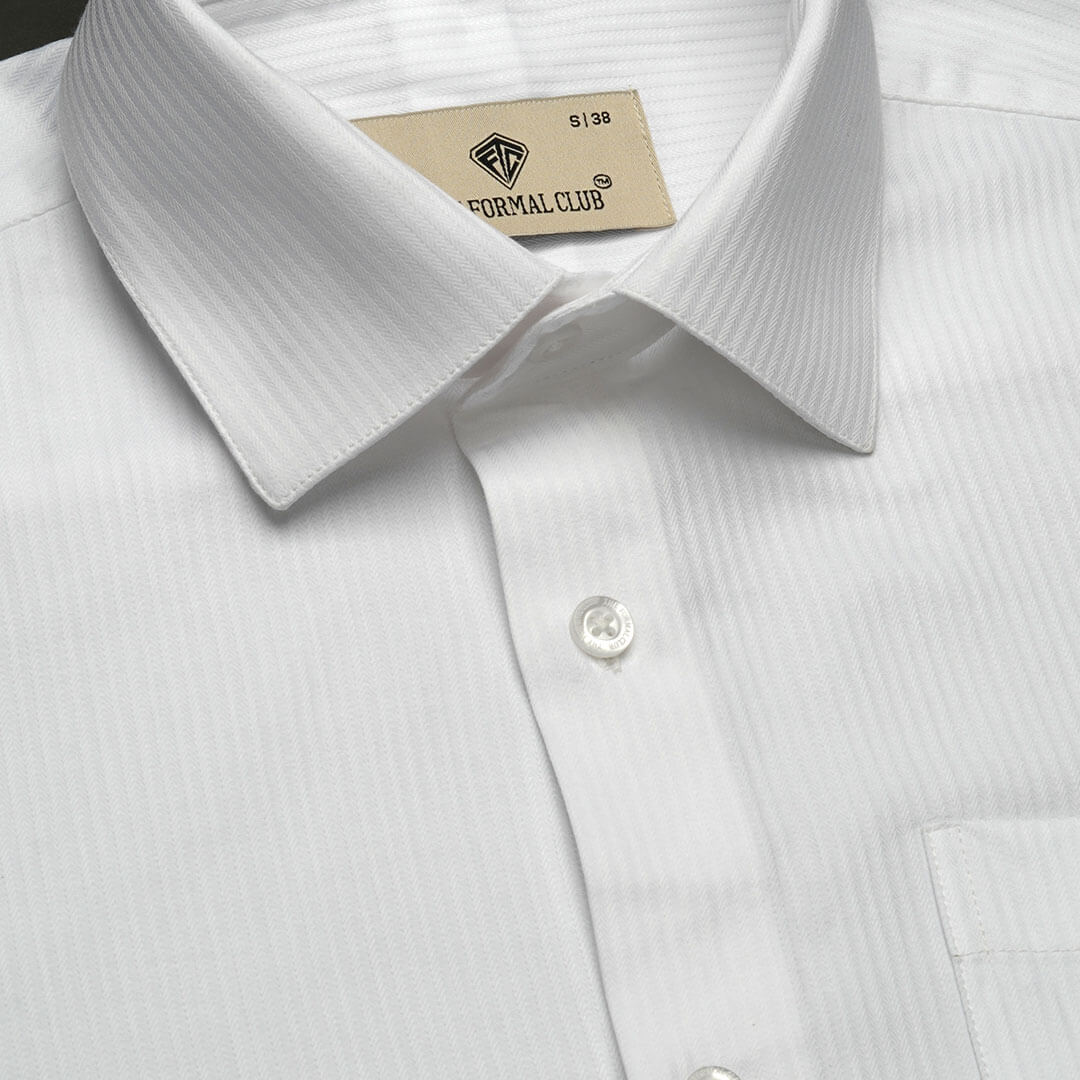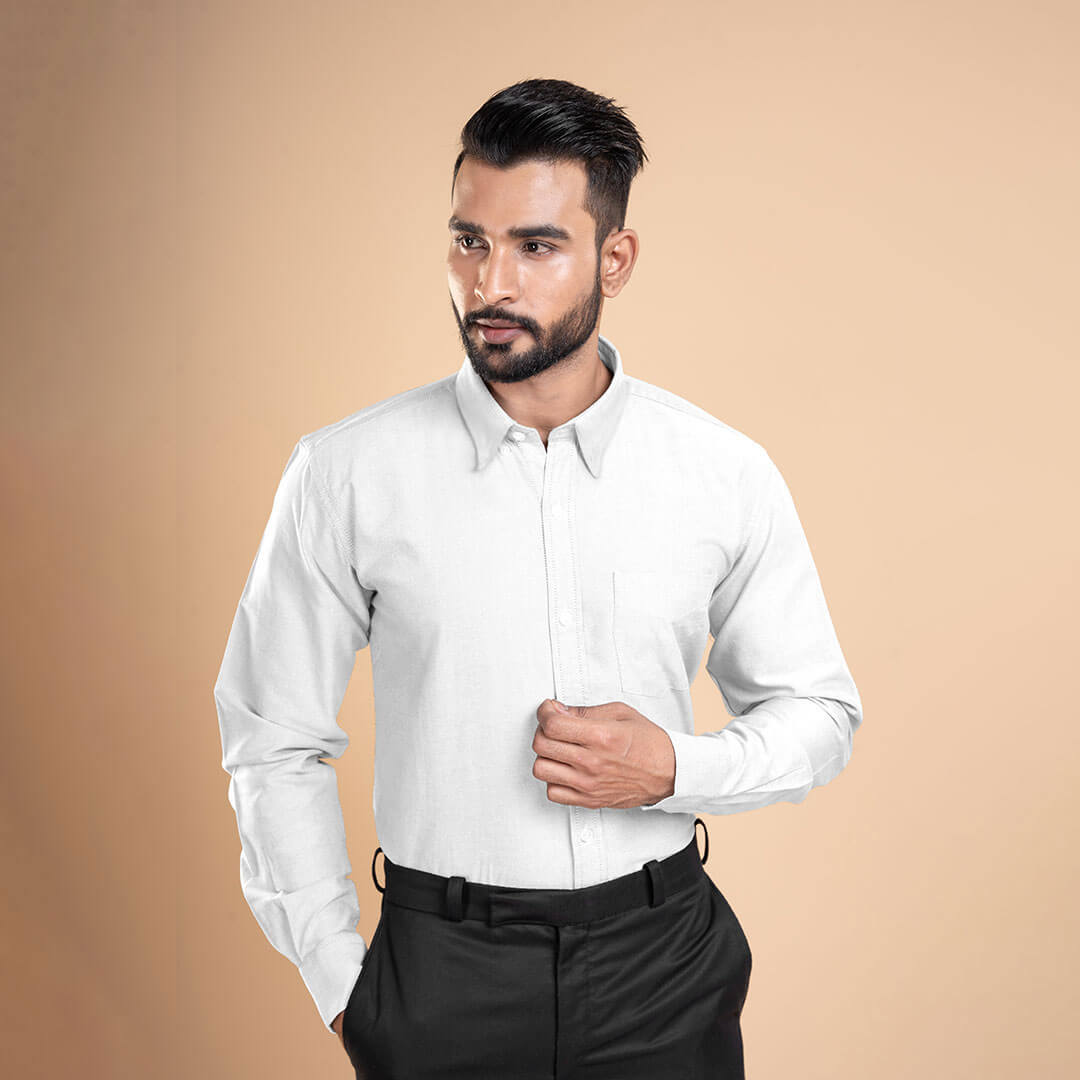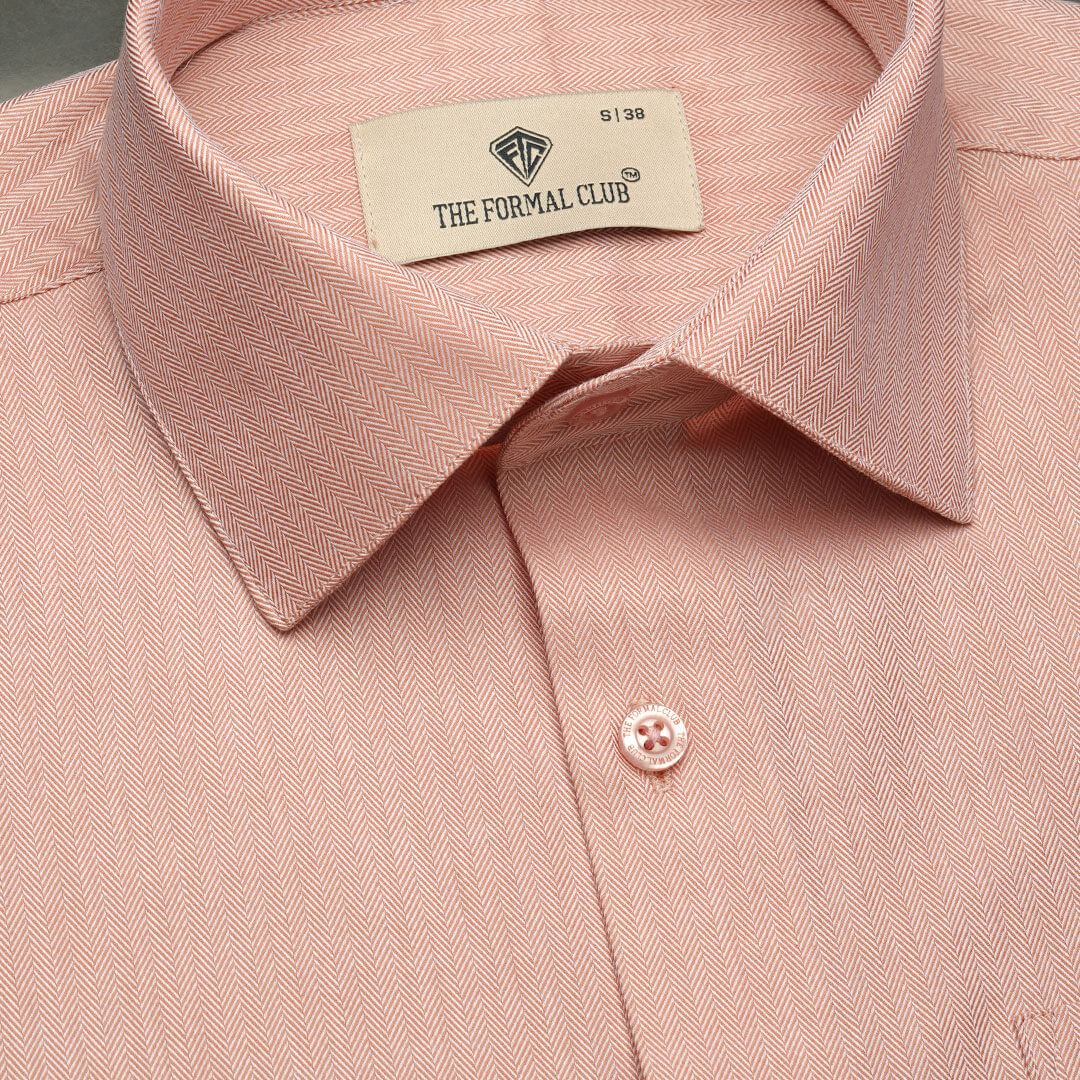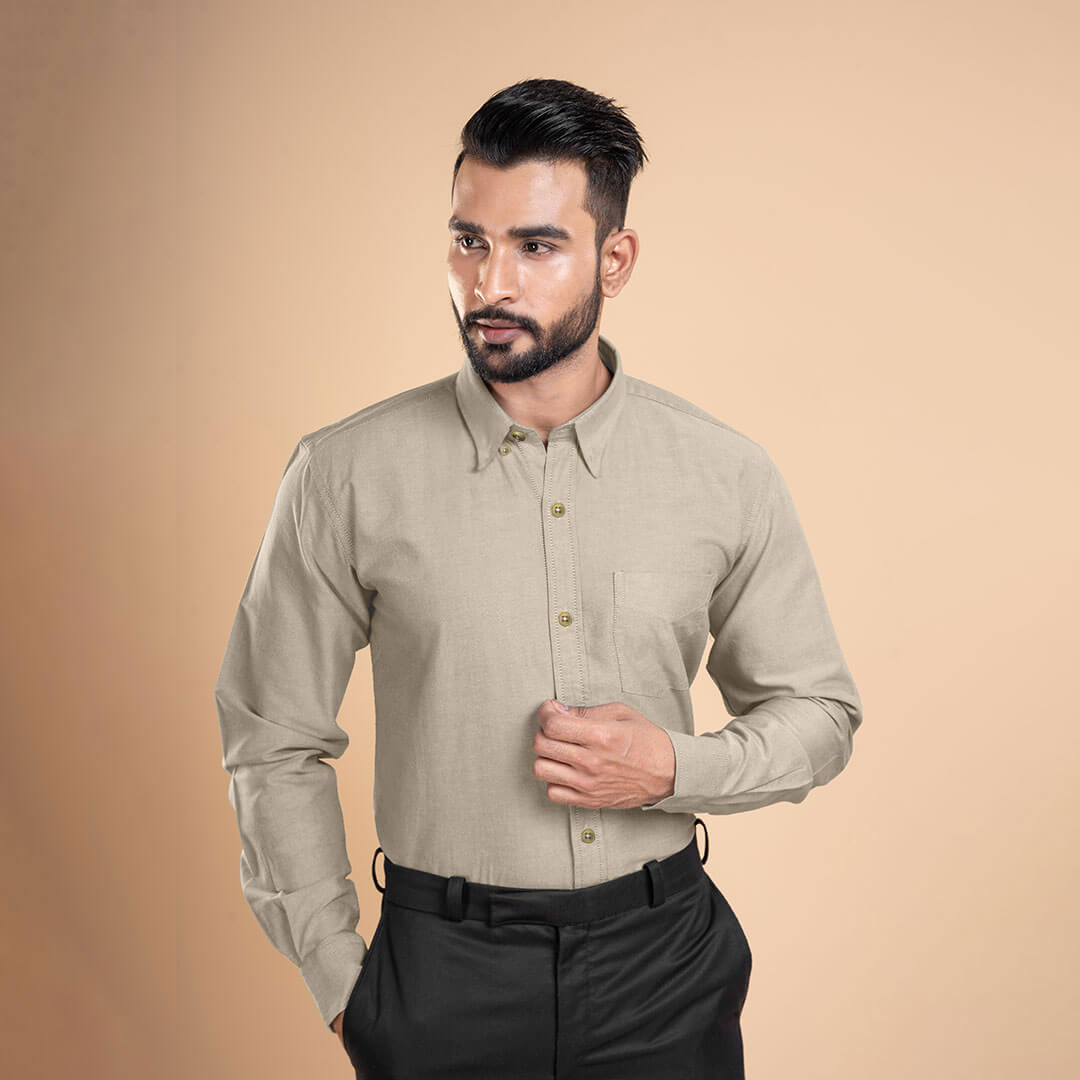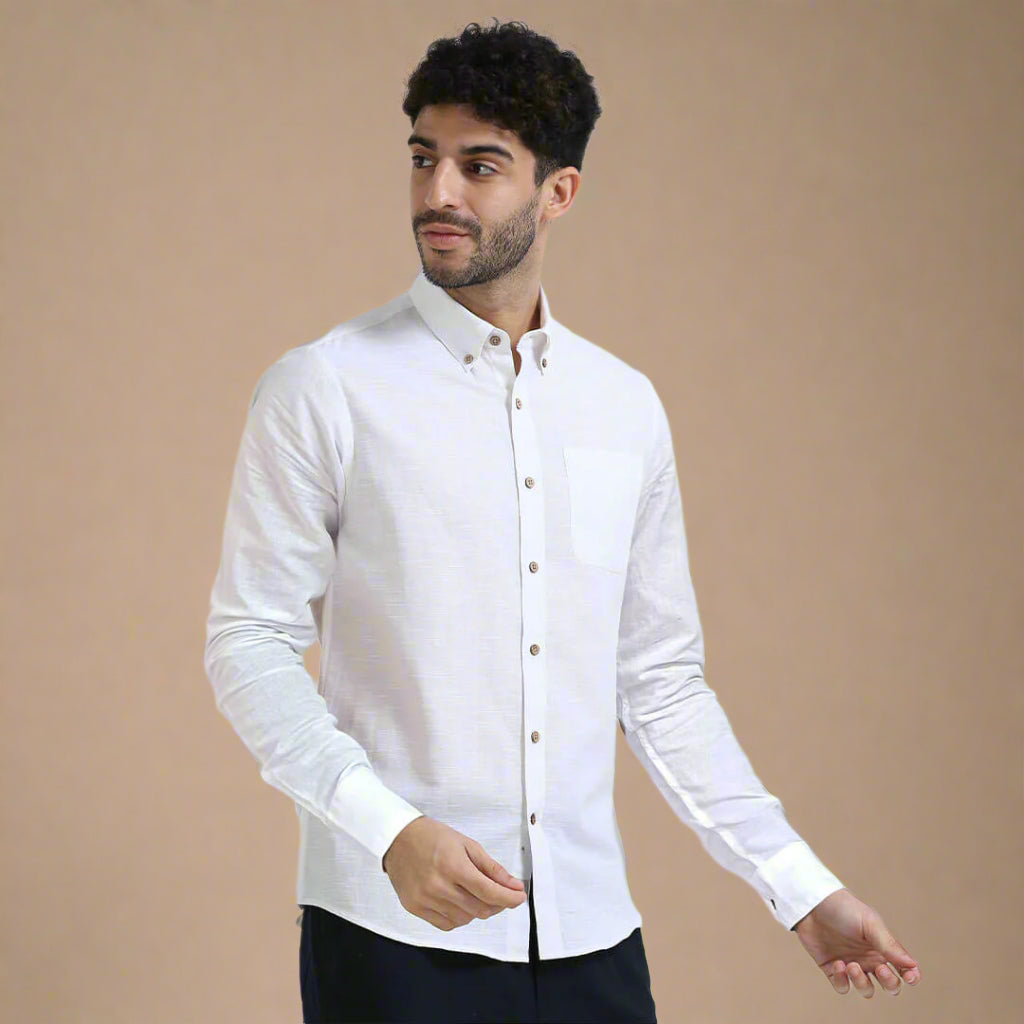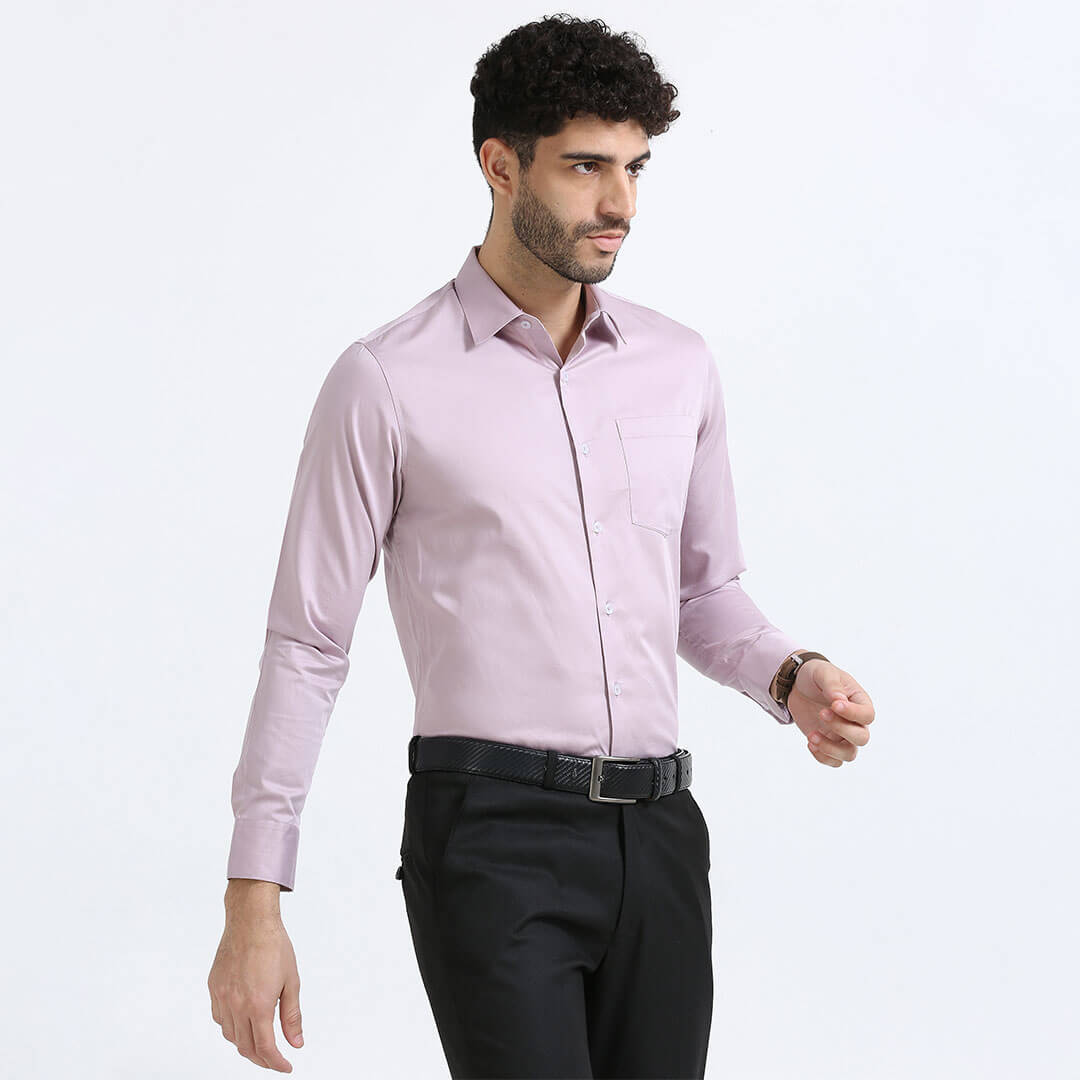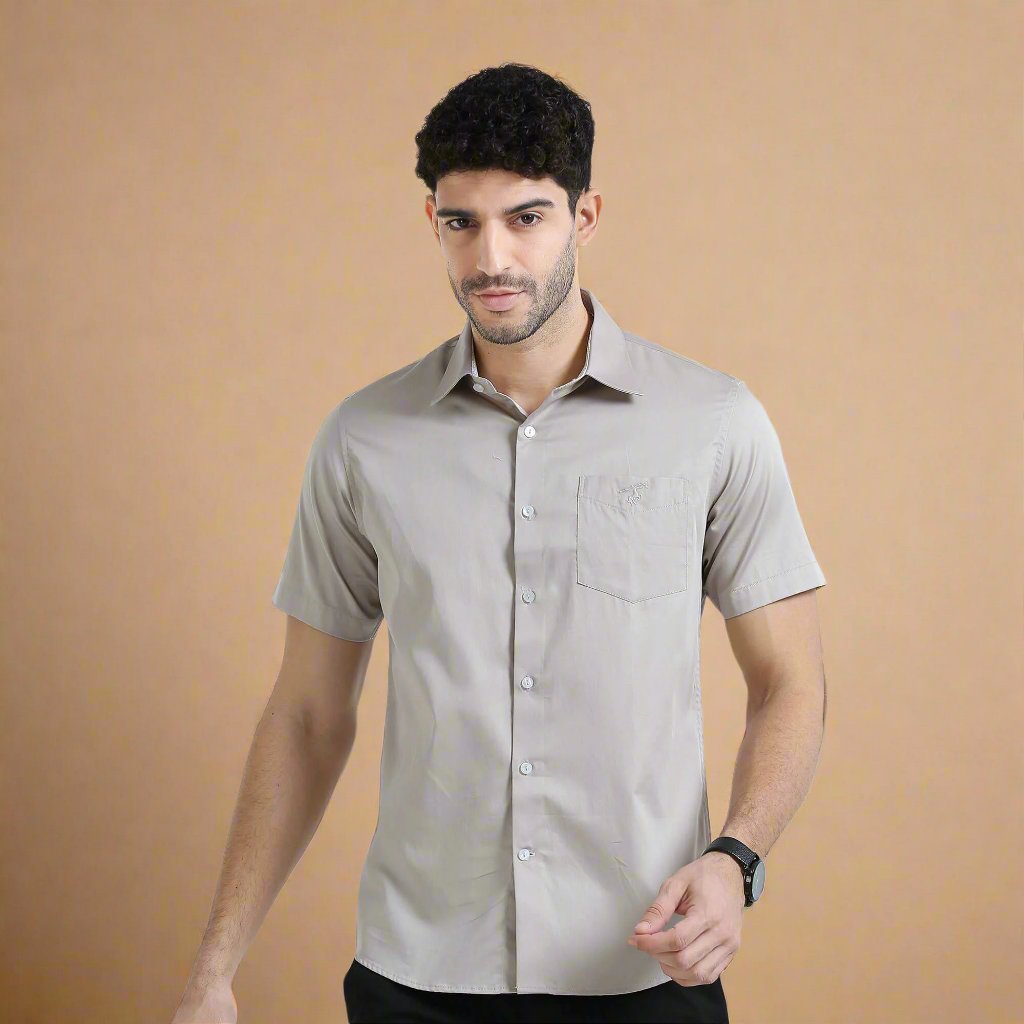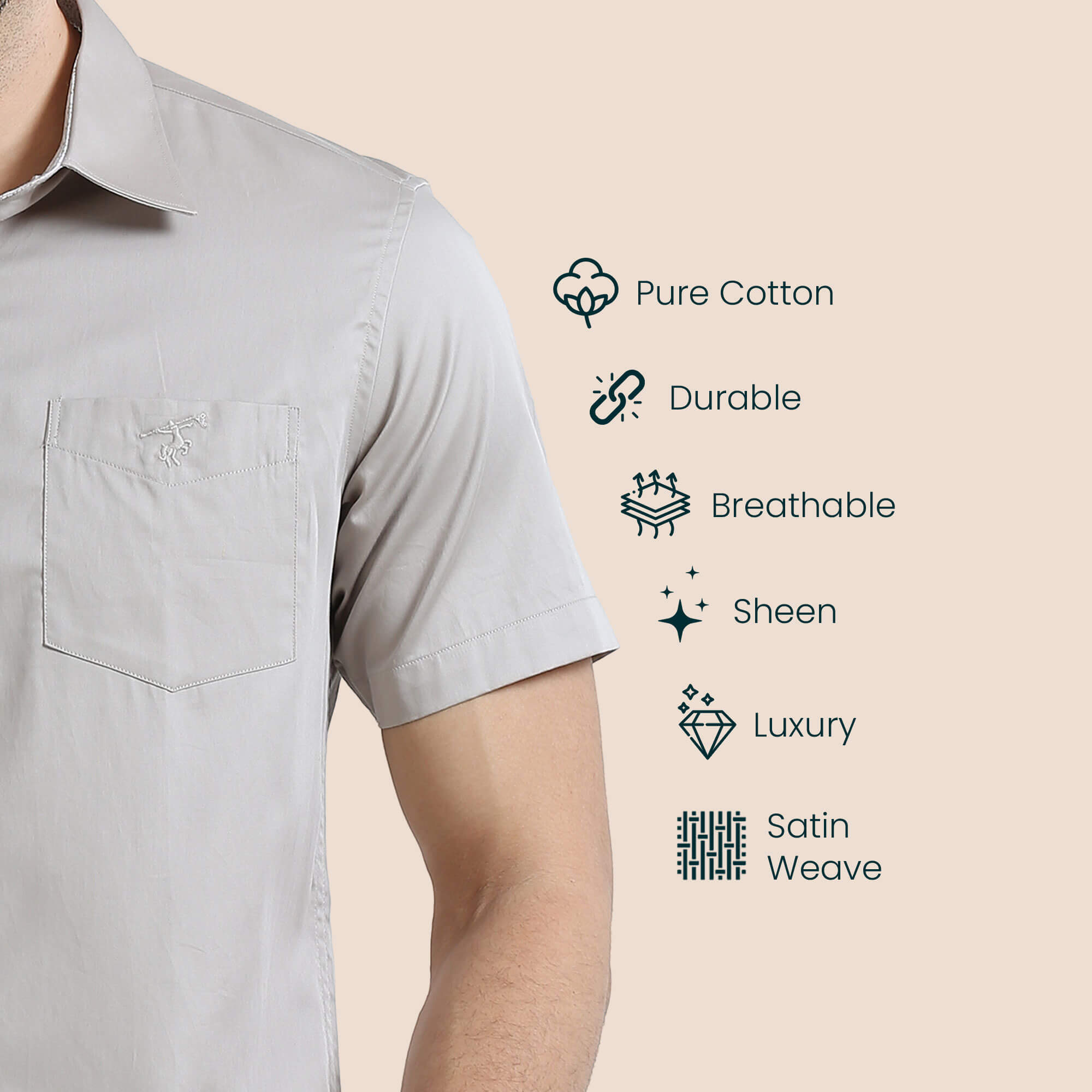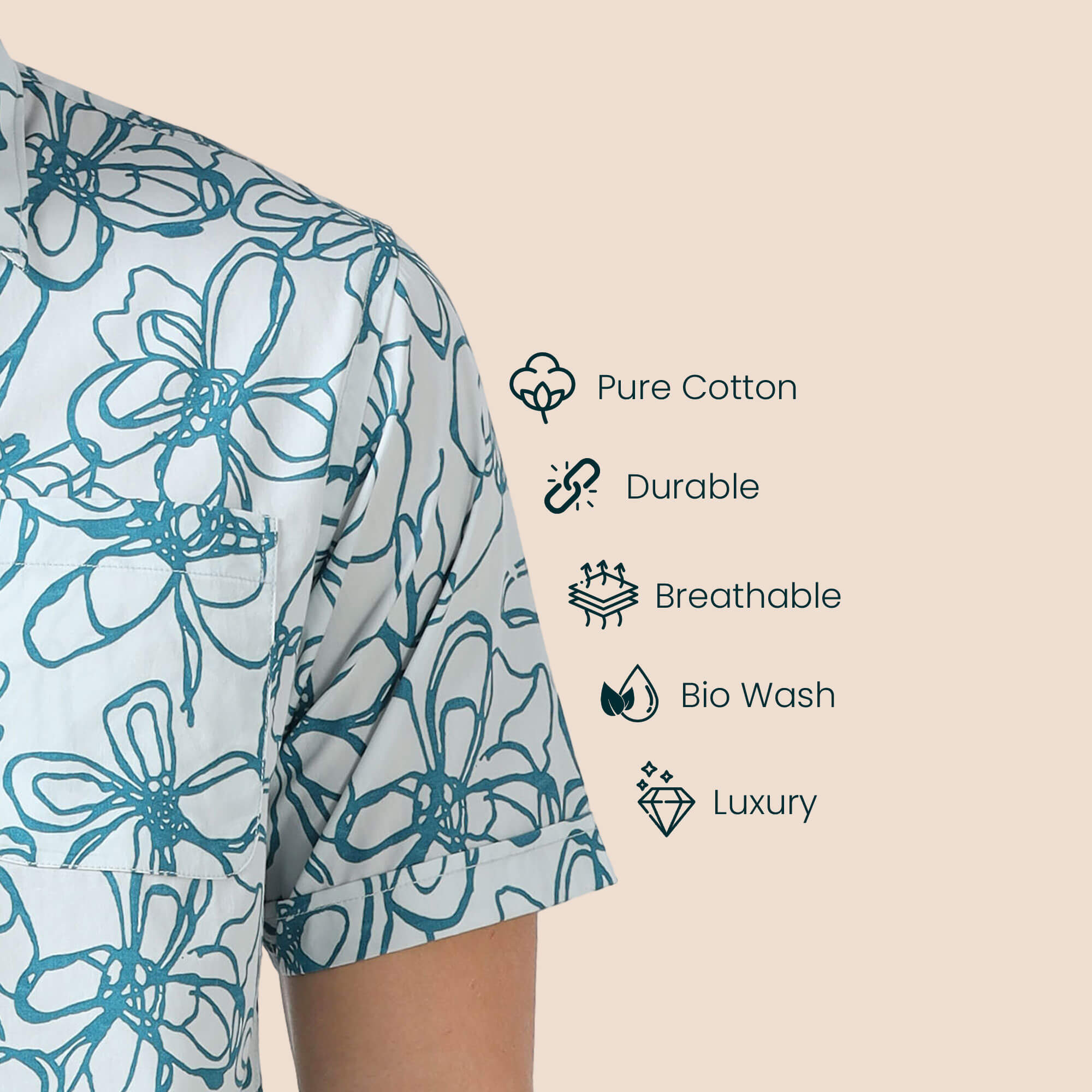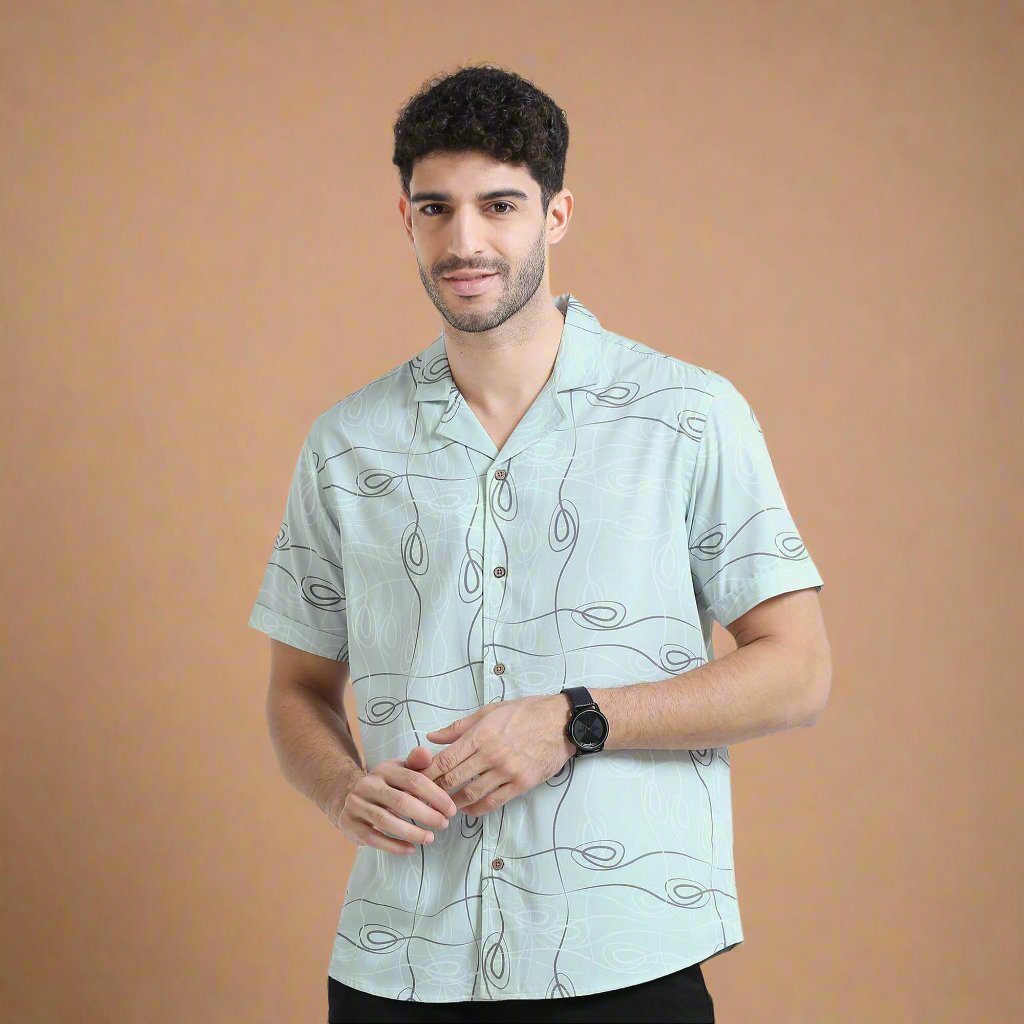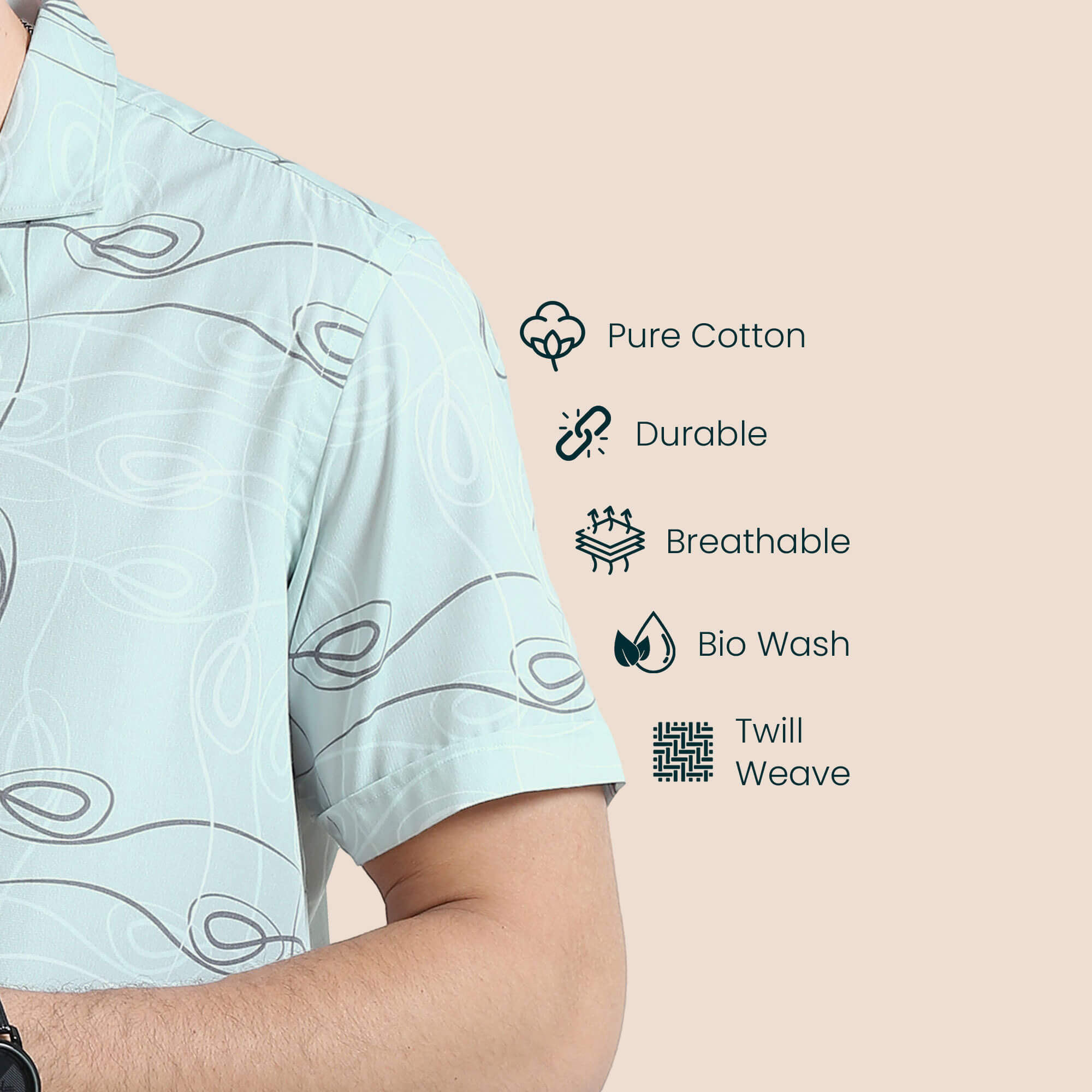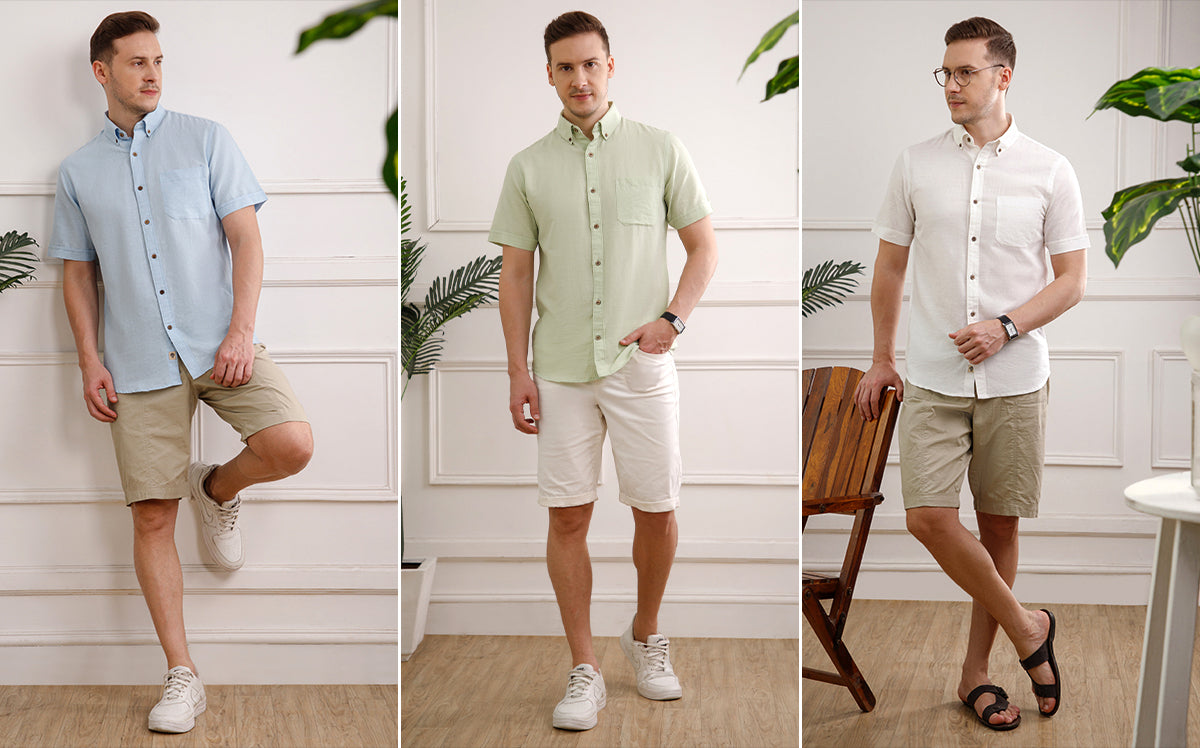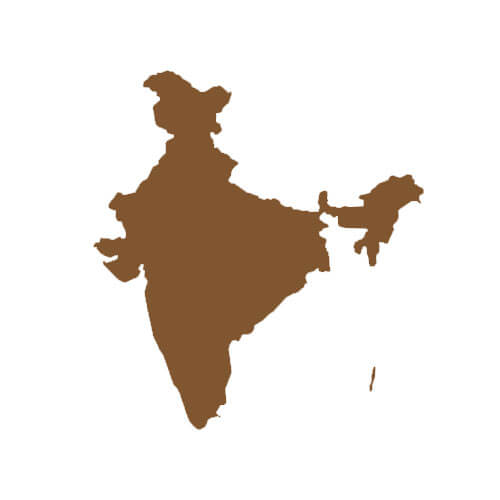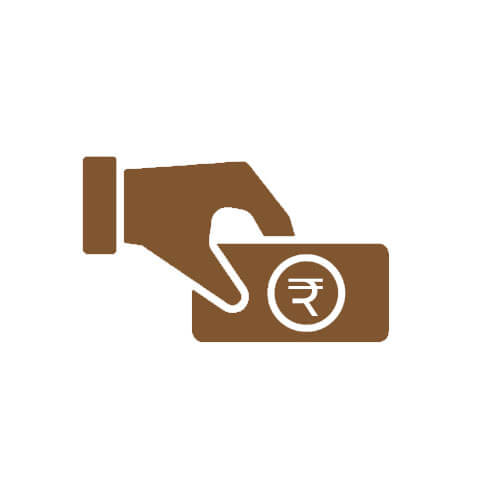Responsible Living, Responsible Entrepreneurship for Sustainability and Progress
Waking up, on your way to the office, wouldn't it be grand to know exactly what you'll wear and how? Knowing exactly what outfits you can create from almost every garment in your arsenal.
Such as, say a formal shirt.
It is versatile enough to be worn to both dates and presentations, depending on how you style it, making it evergreen and eco-friendly. From dress shirts to half-sleeved formal shirts, there are a multitude of options available if you wish to add this piece to your closet.
Today, we are looking at the various outfits you can create from the half-sleeve formal shirt. So that on days that you're late, you don't have to worry about creating a unique outfit but can just pick one up on the go. Of course, you can always go for preset pairs and blazer sets but this can help you cultivate a look that's simple, quick, and also unique to your sense of style.
The Office Look With Your Half Sleeved Shirt
Pair your half-sleeve formal shirt with tailored trousers and chinos to create a professional look. Experts suggest you tuck in your shirt completely to maintain official decorum. Throw on a pair of dress shoes and a blazer. Viola! You are now ready to take that boardroom by storm.
But if you have to rush to a date or the pub right after that meeting? Well then, ditch the tie and the blazer. It’s time for a casual date night vibe.
With Your Sustainable Shirt With Thrifted Jeans
A pair of jeans can add a casual look to your outfit. While shorts give that vibe as well, they are more suited to the house, or a vacation, or even a Sunday morning than a night out.
Wear your half-sleeve office shirt with jeans and a pair of sneakers to cultivate a cute and nerdy look that is sure to be a hit at trivia night. If you have a pair of glasses, well, why not put that on?
Want to take that academic aesthetic even further?
Add a sweater or a cardigan atop your formal shirt
Your linen half-sleeve formal shirt might be suited for these heat waves but what happens when the temperatures drop?
Not that climate change will let that happen anytime soon…but one can dream.
In such a scenario, adding a hand-me-down sweater or a thrifted cardigan atop your Tencel half-sleeve formal shirt can help you curate a sustainable yet chic look. With jeans, this is a casual look; while with tailored pants, it can come across as business casual. Think 70s Clark Kent…that is the aura of this look, and who doesn’t want to look like the Man of Steel?
But say you prefer something louder. Maybe something more akin to Neptune or Dionysus from the Percy Jackson series. Well then take out your Hawaiian printed half-sleeve formal shirts for it is time for a…
The Casual Beach Look
Experts suggest that you pick loud printed shirts that can be paired with cargo or chino shorts and flip-flops to give an aura of chill at the beach. Some might even suggest leaving the untucked shirt unbuttoned as well and accessorising with a pair of sunglasses. Should we add a hat to this look as well? Let us know in the comments!
Pair your half sleeve formal shirt with a tee
Want to look like Sheldon Cooper with your half-sleeve shirts? Well, leave them open and throw on a fandom or printed tee underneath. Experts at Beyoung suggest that you be extra careful with the tee shirt you wear here as it must compliment the shirt. You can always throw on sustainable-friendly jeans for a casual look or chinos for a classier appeal, even though, we wouldn’t recommend this look for the boardroom, yet.
Unless you are in a creative agency, of course.
At the end of the day, whatever shirt you wear, whether a half-sleeve organic cotton piece or a formal shirt made of lyocell or bamboo, the point is to use it. As Gittermarie Johanson says, when it comes to fashion, if it’s not a heck yes, it’s a heck no.
The idea behind sustainable or eco-friendly and ethical formal shirt shopping is to buy shirts that add value to your closet, compliment your personal style enough that you will mend and re-wear them, and can hopefully create numerous outfits. Thus, both printed and solid half-sleeved formal shirts come with their style advantages. They are truly versatile across the seasons, which makes them ideal for multiple wears.
Join us at The Formal Club in becoming a more responsible business and take a stand against the idea that clothes are ‘use and throw’!
Also Read: Responsible Living, Responsible Entrepreneurship for Sustainability and Progress

